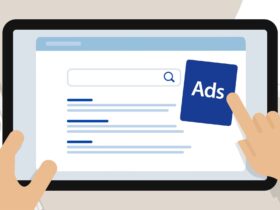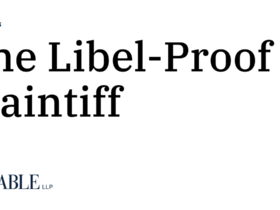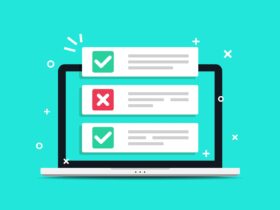This article discusses CEO information privacy and offers suggestions for managing a high-profile online reputation.
While many professionals dream of being so successful that they’re recognized everywhere they go, there are serious risks that prominent CEOs face. Media coverage, public speaking events and social media exposure can lead to unwanted attention, cybercrimes, and in-person crimes, all of which can quickly become dangerous.
The term “CEO information privacy,” which is also called “executive privacy” at times, refers to the privacy and protection of a CEO’s personal data. That includes:
- Contact information
- Financial details
- Online presence details
CEO data should be protected from unauthorized access as well as unsanctioned disclosure.
The privacy of CEOs is of particular importance because company leaders handle sensitive information while being highly public and recognizable. Their influence, visibility and wealth make them prime targets for crimes in both their professional and personal life. Emerging threats range from data breaches to in-person stalking and violence.
The team of experts at OnlineReputation can work with you on your digital footprint to improve your online presence while staying safe. Get in touch with us today at
844-230-3803
to learn more.
Why Are CEOs So Vulnerable to Privacy Breaches?
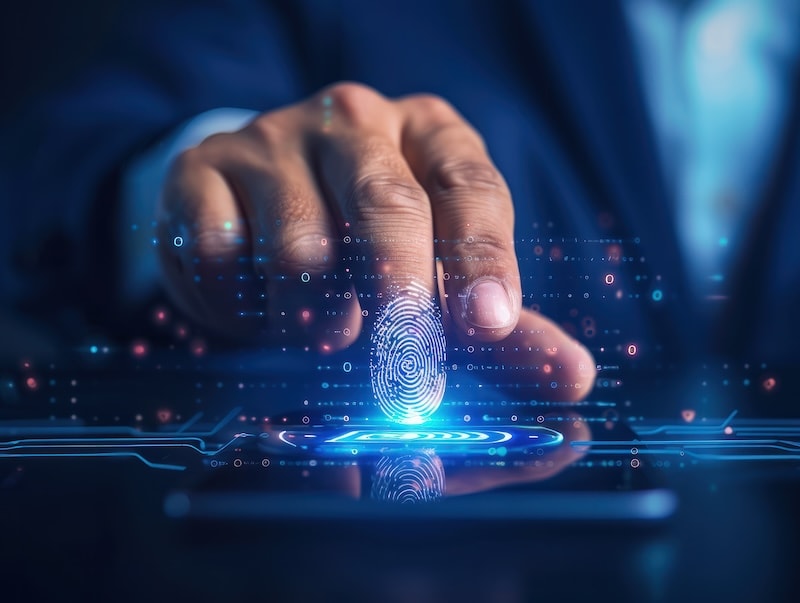
High-profile company leaders are especially prone to personal and data security risks because of their professional status as well as their public image and exposure. Additionally, the more the world relies on digital technology, like social media and online public records databases, the more at-risk CEOs become.
- CEOs have massive digital footprints. Online information reveals home addresses, family information, insight into daily routines, etc.
- Having a positive public image online can also mean that the CEO is more exposed than the average person, as managing their online presence is often part of the job.
- Information leaks can provide criminals with the data they need to steal a CEO’s identity, stalk them online or in real life, and even inflict physical harm.
It’s important for many CEOs to be public-facing. However, that doesn’t have to come with a risk of online and in-person danger.
Do you want to learn more about maintaining a strong online reputation without overexposure that leaves you vulnerable to cyber threats? Call us at
844-230-3803
today.
What Are the Main Sources of Vulnerability for CEOs?


There are four main areas that leave CEOs the most vulnerable:
- Insiders: Whether done purposely or accidentally, a company’s employees and vendors can leak information or mishandle sensitive data.
- Public Records: CEOs tend to have a lot of information online about them. These public records are accessible by anyone with an internet connection, especially once data brokers catalog the information. This makes it easy for anyone to get their hands on home addresses, property records, financial data, information about family members, etc.
- Social Media: Many CEOs are encouraged to post and engage with their audience on social media. This can inadvertently expose information about locations or routines.
- Third-Party Data Breaches: Companies that store CEO data are prone to breaches.
On top of those four areas, additional sources of vulnerability include associates and family members who don’t exercise privacy and caution online; travel itineraries that can be accessed online; high-profile events that make a CEO’s location public; and corporate transparency obligations that leave CEO data accessible.
What Are the Consequences of CEO Privacy Breaches?
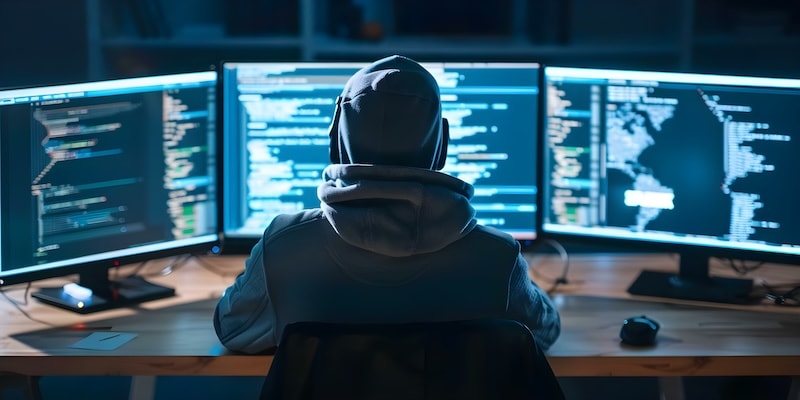

There are a number of negative outcomes that can result from a CEO privacy breach. Let’s go over some of them.
Company Impacts
- Disruptions to Company Operations: CEO breaches can lead to organization-level disruptions. For example, strategies, plans or trade secrets may be exposed. It’s also possible that an attack on one CEO will have a snowball effect as other executives are targeted.
- Expensive Legal Consequences: Often, privacy breaches lead to expensive lawsuits. They also may result in regulatory fines for the company.
- Leadership Destabilization: When a CEO’s personal safety is threatened, their well-being is affected. This can be a distraction from professional responsibility and lead to leadership-level disruptions.
- Lowered Employee Morale: When a company leader faces a privacy threat, employees may feel unsafe at their workplace. This can result in lower productivity and poor employee retention.
- Online Reputation Damage: Privacy breaches can cause a lot of damage to the company’s image. By suggesting that a company doesn’t have reliable data security measures in place, customers and investors can lose confidence in the company. Additionally, the brand may come under scrutiny from the media, further decreasing customer trust.
Cybersecurity Threats
- Financial Breaches: When corporate are personal financial accounts are breached, cybercriminals can gain access to banking information, investments, and payment systems. This can lead to financial losses for the CEO, the company or both.
- Hacked Devices: Personal devices that lack data security are vulnerable to hackers. This can lead to compromised business documents, emails and personal conversations.
- Identity Theft: When personal data such as birthdates, financial information or Social Security numbers leak, cybercriminals can use it to steal a CEO’s identity and commit fraud under their name.
- Phishing Attacks: The more details that are publicly available, the easier it is for cybercriminals to come up with persuasive phishing schemes. These types of attacks trick CEOs into sharing sensitive information.
Risks to Personal Safety
- Harassment: Harassment can occur online and offline, and it commonly escalates over time. For example, invasive online messages can spiral into threats of a physical confrontation. It may also impact the CEO’s family and other personal connections.
- Stalking: With so much visibility online, CEOs are easy targets for stalkers. It’s not difficult to find their location and intrude on their personal lives.
- Physical Harm: A CEO’s physical safety is at risk when their home and travel details are available online. Bad actors can take advantage of this information to plan burglaries when CEOs are away from home or attack them at their homes or when they’re traveling.
How Can CEOs Protect Their Privacy?


From minimizing their digital footprint to using professional resources like ORM companies, there are a number of ways for CEOs to take control of their online presence and privacy.
Secure Online Accounts and Digital Tools
- Asset Registration: When you register assets, it’s best to do so under an alias or a corporate entity. This obscures ownership of personal assets, property, and vehicles and makes you less vulnerable to attacks.
- Communication Tools: You should only use encrypted messaging apps and email services with high-level security when corresponding both professionally and personally.
- Multi-Factor Authentication: Setting up multi-factor authentication (MFA) on your accounts is the best way to lower the risk of hackers and other bad actors gaining access.
- Regular Updates: It’s important to continually update your devices and software to prevent security issues. Technology updates have patches that close detected vulnerabilities.
Reduce Your Online Footprint
- Geotagging: You should never have your locations geotagged. Even tagging yourself after leaving a location can give bad actors insight into your routines.
- Personal Information: Limit how much information you share publicly and post online, like your address, phone number and other personal data. Even professional platforms like LinkedIn should be approached with caution. For example, instead of sharing your personal accomplishments there, stick to only sharing company-related information.
- Social Media Accounts: Regularly go over your social media accounts to ensure your privacy settings are still providing the protection you need. Also, look through your posts to double-check that you haven’t put anything up that could be a privacy concern. For example, family photos that show your home address or travel photos while you’re still on vacation should be taken down.
Establish Online and In-Person Security Protocols
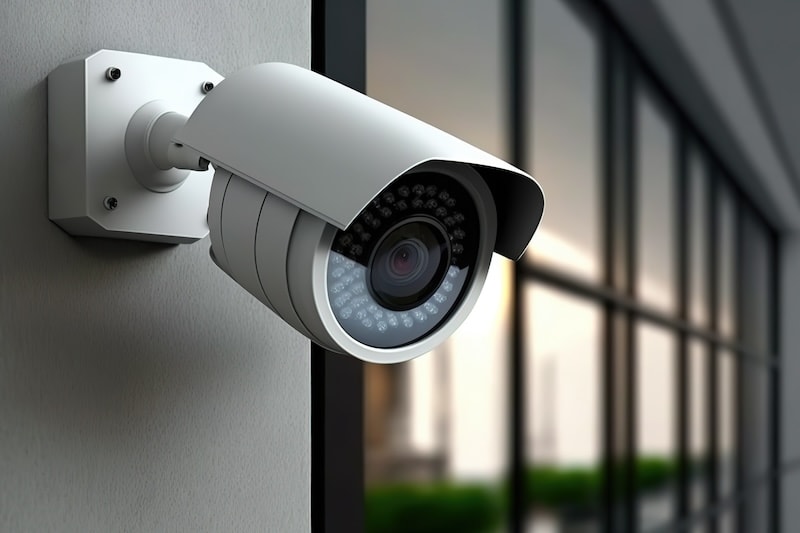

- Anonymous Browsing: In many cases, using private browsers and virtual private networks (VPNs) can reduce the chance of hackers tracking what you do online.
- Financial Transactions: Keep a close eye on financial transactions and set up alerts for all transactions or, at least, unusual activity. When transacting online, only use encrypted payment methods.
- Home and Office: Security systems, including alarms, cameras and motion detectors, should be set up and active at personal residences and workspaces.
- Travel Details: Never publicize your travel plans. Always use private booking services and make reservations under pseudonyms.
Educate Your Family Members and Staff
- Emergency Protocols: You and your team should create plans for responding to different security issues, including breaches, cyber threats and physical incidents. Plus, anyone who could be impacted should be aware of the protocols and their roles.
- Need-to-Know Policies: Only share sensitive information with those on a need-to-know basis, meaning only essential people at home and within the company should be privy to it. This reduces the chance of that information spreading, minimizing damage.
- Privacy Best Practices: Train your closest contacts on privacy best practices, such as how to minimize their digital footprint and how to avoid disclosing too much information online.
Hire Online Security and Reputation Professionals
- Cybersecurity Experts: Cybersecurity professionals can identify safety vulnerabilities and prevent security problems from occurring. They can also monitor ongoing cyber threats, including those on the dark web, to offer full-scale protection.
- Legal Experts: Hire an attorney who has experience with privacy law. They’ll be able to come up with a strategy to protect your privacy online, and they’ll also know how to remove your private data from public sources legally.
- Online Reputation Management (ORM) Companies: ORM firms are able to monitor your personal information online and learn about new search results for your name in real-time. They can then immediately act to remove that data to prevent it from spreading.
- Privacy Protection Services: CEOs can subscribe to digital services that will automatically remove information from data broker sites.
What Role Do Companies Have in CEO Privacy?


While CEOs have the most responsibility when it comes to their privacy, their companies should also provide resources and support to contribute to their safety. Keeping the company safe extends beyond the CEO’s role.
As we discussed earlier, when a CEO’s privacy is breached, there can be ripple effects throughout the whole company. This can impact everything from the brand’s reputation to employee morale and even financial stability.
It’s important for companies to be proactive about minimizing damage and keeping their CEOs and other executives safe from physical and cyber threats.
Privacy-First Policies
Companies should have clear data-protection policies that protect private information. For example, these policies can include secure data storage and guidelines that limit access to personal details.
Furthermore, companies should have clear expectations for CEOs, executives and employees about how much to share on social media. There may also need to be training about how to avoid overexposure online and the risks of sharing personal information on social platforms.
Also, documents, press releases and public statements should be carefully reviewed before they’re finalized and shared with the public. This ensures that there isn’t inadvertent disclosure of private information regarding the CEO.
It’s important for companies to strike the right balance between being transparent for the sake of stakeholders while still protecting the CEO’s privacy.
Aligning Cybersecurity Measures with CEO Protection
Robust network security measures should be implemented, including encryption, firewalls and systems that detect intrusions. This will prevent sensitive information from leaking.
Companies should also set up cybersecurity specifically for CEOs, like encrypted email, secure devices and restricted communications access.
And, of course, incident response plans should be established in the event of a security problem like a cyberattack or a privacy breach. How the company will handle direct attacks on the CEO should be included in the plans.
Physical Safety Protection


Companies should have physical security measures set up for CEOs as well as other employees, such as secure access points, security guards and surveillance systems.
Plus, companies should make it possible for CEOs to book secure travel plans for transportation, accommodations, etc. This should be an established part of normal business operations.
Before and during events and other types of public appearances, companies should conduct risk assessments to prevent incidents. Additionally, security personnel should be hired for the event and to safeguard the CEO as they travel to and around the destination.
Privacy Management Resources
Both internal and external security teams are necessary for creating security initiatives and monitoring and protecting CEOs online and offline. Security teams are able to identify and prevent emerging threats before they happen.
Additionally, CEOs should be provided access to professional services like ORM firms, privacy attorneys and security consultants who can provide expert help and advice.
It’s also best if companies can cover costs for privacy tools, like secure and encrypted communication platforms, security systems for the CEO’s workplace and home, and data-removal services.
Compliance and Legal Support
Companies should ensure that legal and regulatory disclosures that involve the CEO are in compliance with security best practices.
Plus, privacy laws can be used to insist on the removal of a CEO’s private information from online sources.
It’s also best if companies are prepared to pursue legal action in the event that entities or individuals exploit CEO data.
Building a Privacy-Focused Corporate Culture


Company employees should be educated on corporate and CEO privacy, including the roles they play in protecting it. Training can include information about how to handle sensitive information and the telltale signs of a security risk.
It’s also wise to have contractors, employees and third-party vendors sign confidentiality agreements. Security initiatives like this prevent sensitive information from spreading.
Most importantly, the CEO can behave with privacy in mind, which will reinforce the importance of safety and security throughout the company.
Get Help From Online Data Experts
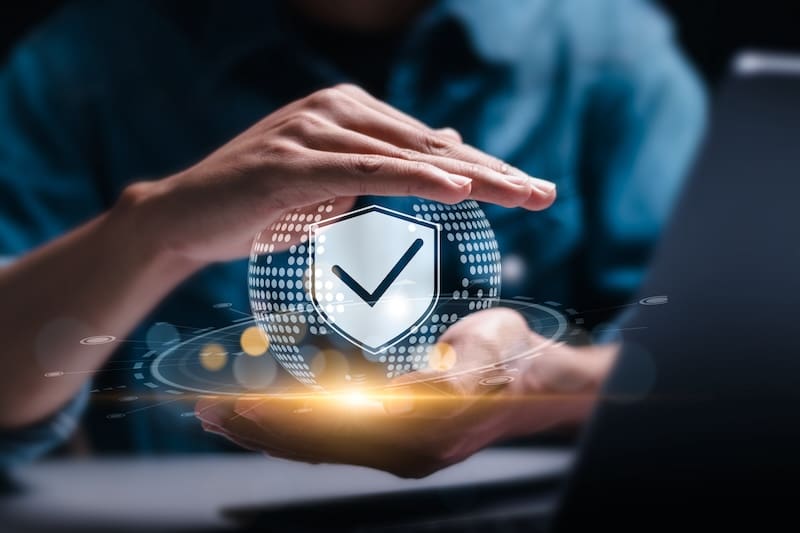

Preventing security problems and cyber threats should be a top priority for CEOs. In today’s interconnected, technology-dependent world, security initiatves for safeguarding CEO privacy is a complex issue and one that needs a high level of care and attention.
According to the Universal Declaration of Human Rights from the United Nations, “Everyone has the right to life, liberty and security of person.” That makes security a fundamental human right, and the best option is aligning cybersecurity with regular business operations.
Don’t wait until it’s too late. Executive privacy is about keeping CEOs and other leadership team members safe in their personal lives while also protecting the company from damage to its reputation and stability. Be proactive when it comes to your privacy strategies.
To speak with our privacy professionals about security initiatives to keep your information safe online, call us at
844-230-3803
today.








